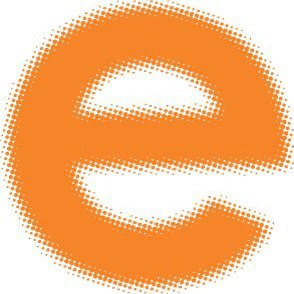One way to push back against worries that the hackathon phenomenon has outgrown its utility is to take on one of the developed world’s most intractable problems.
That’s added value from staff at Electronic Ink, the 23-year-old Center City-based design firm, hosting Philly Hacks Cancer. The weekend event, to be held October 19-20, is the 80-person company’s first foray into the software programming marathons that have spawned their own culture here and nationwide. (See a year’s worth of Philly hackathons here.)
Hackathon or not, Electronic Ink design practice lead Tracy Kroop wants to make sure there is a balance between interested developers and the kind of subject matter experts who can offer first-hand experience (from family, friends or themselves) and can help projects live on.
Given that right balance and assuming all the best outcomes from hackathons, which are heavy on creativity and short on long-term impact, what do Electronic Ink staff actually expect to come out of a weekend of work?
Technically Philly spit-balled some with Electronic Ink lead design consultant and University of the Arts alumnus Andy McDonald:
- free task and time management tool for the many sensitive acts cancer patients need to do daily (check ins for medication, vital signs and the like)
- offer a discreet way for patients or survivors to connect with each other
- curate and highlight resources and volunteer opportunities
- an inventive way to share survivor stories
- a creative way to inspire or otherwise emotionally appeal to those who have cancer and their families
Knowing that the sustainability of hackathon projects is getting growing attention, Kroop and McDonald connected with staff at the American Cancer Society, who will be on-site to find ways to incorporate or otherwise make sure projects live on.
“Partnering with the American Cancer Society gave us an amazing opportunity to learn from one of the most recognized nonprofit cancer institutions in the world,” McDonald wrote in an email. “It also guarantees that the winning ideas will have the best chance of being successful, and sustainable, in positively impacting the lives of those affected by cancer.”
Why would Electronic Ink, which does big process and design projects for big companies like Citibank, Comcast and AstraZeneca, take on a hackathon at all, let alone one focused on cancer?
“Our mission is to design with a focus on people first. Andy and I created this opportunity after some conversations we had about how, like lots of people, we’ve been affected by cancer,” said Kroop. “This seemed like a natural way to use our skills and process to help a cause that means a lot to us.”







